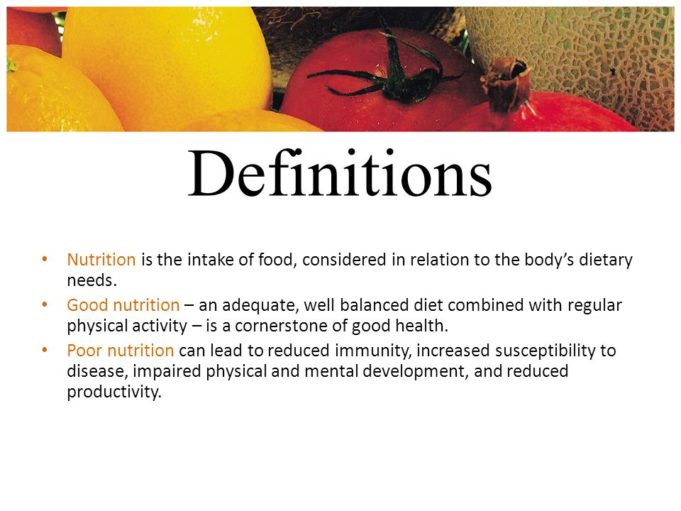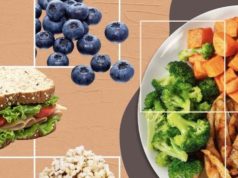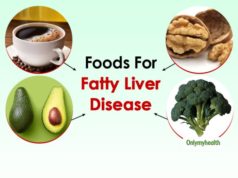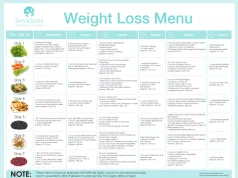Maintaining a healthy diet is essential for overall well-being. But what exactly is a diet, and how does it affect your health? In this article, we will explore the definition of a diet and its various types, how it affects your health, tips for developing a healthy diet, common misconceptions, and the importance of consulting a healthcare professional before making significant changes to your diet.
ALSO READ:
Understanding the Biological Definition of Diet: A Comprehensive Guide
Diet Soda, Sugary Soft Drinks and Diabetes
1. The Definition of a Diet and Its Various Types
A diet is the food and drinks that a person consumes daily. It’s important to note that diets can vary greatly depending on culture, geography, and personal preferences. However, some diets have gained popularity due to their potential health benefits.
Some of the most well-known diets include the Mediterranean diet, the vegan diet, and the paleo diet. The Mediterranean diet emphasizes plant-based foods, whole grains, fish, and healthy fats, while the vegan diet excludes all animal products. The paleo diet focuses on consuming whole, unprocessed foods like those available to our hunter-gatherer ancestors.
2. How a Diet Affects Your Health
A diet can significantly impact your health, both positively and negatively. Consuming a balanced diet rich in nutrients can help reduce the risk of chronic diseases such as heart disease, diabetes, and cancer. On the other hand, a diet high in saturated fats, added sugars, and processed foods can increase the risk of these diseases.
Different types of diets have varying effects on health. For example, research has shown that the Mediterranean diet can reduce the risk of heart disease and stroke, while the vegan diet can help manage weight and reduce the risk of certain types of cancer.
3. Tips for Developing a Healthy Diet
Developing a healthy diet can be challenging, but there are some simple tips you can follow. First, focus on consuming various foods from all the major food groups, including fruits, vegetables, whole grains, lean proteins, and healthy fats. Second, limit your intake of processed and high-fat foods, added sugars and salt.
Third, be mindful of portion sizes and eat until you’re satisfied, not overly full. Fourth, stay hydrated by drinking plenty of water throughout the day. Lastly, be patient and consistent in developing healthy eating habits.
4. Common Misconceptions about Diets and Nutrition
Many misconceptions about diets and nutrition can make it difficult to develop healthy habits. One common misconception is that all fats are bad for you when unsaturated fats in foods such as avocados, nuts, and fish can benefit heart health.
Another misconception is that you must eliminate certain food groups to lose weight or be healthy. However, many diets that promote eliminating entire food groups can be restrictive and difficult to sustain long-term.
5. How to Stick to a Healthy Diet and Overcome Challenges
Sticking to a healthy diet can be challenging, especially when faced with social pressure, cravings, and busy schedules. Plan and prepare healthy meals and snacks in advance to stay on track. This can help you resist the temptation to reach for unhealthy options when you’re in a rush or feeling stressed.
Additionally, seek support from family and friends who share your goals for healthy eating. Finally, remember that it’s okay to indulge in moderation; one slip-up doesn’t mean you’ve failed completely. The key is to maintain a consistently healthy eating pattern over time.
6. The Importance of Consulting a Healthcare Professional
Before making significant changes to your diet, it’s important to consult with a healthcare professional. They can help you identify any nutritional deficiencies or health concerns impacting your dietary choices. Additionally, they can provide personalized recommendations based on your individual needs and preferences.
Conclusion
In conclusion, a healthy diet is essential to overall health and well-being. By understanding the definition of a diet and its various types, its impact on health, tips for developing a healthy diet, common misconceptions, and the importance of consulting a healthcare professional, you can make informed decisions about your dietary choices and improve your overall health.
Remember to be patient and consistent, and seek support when needed, and you can develop healthy habits that last a lifetime.
























